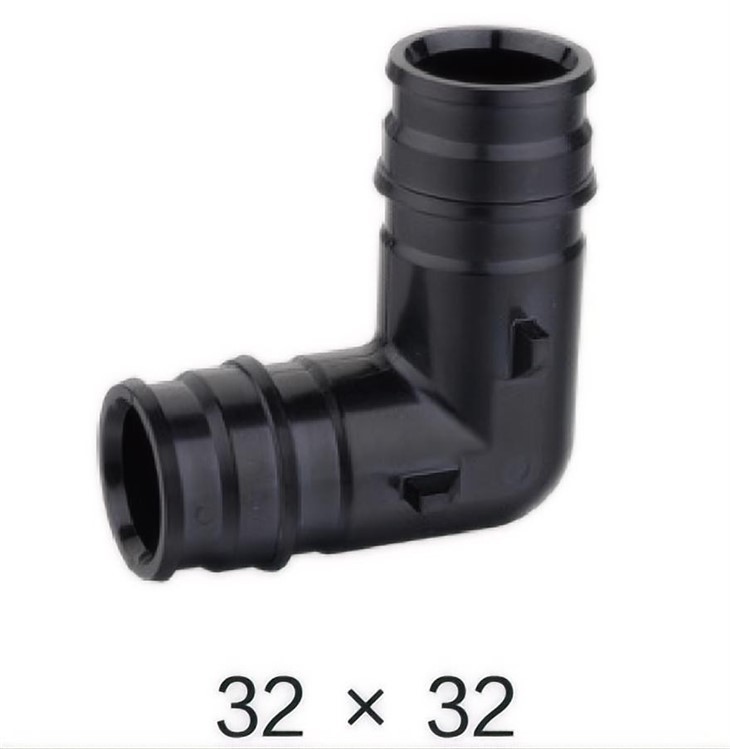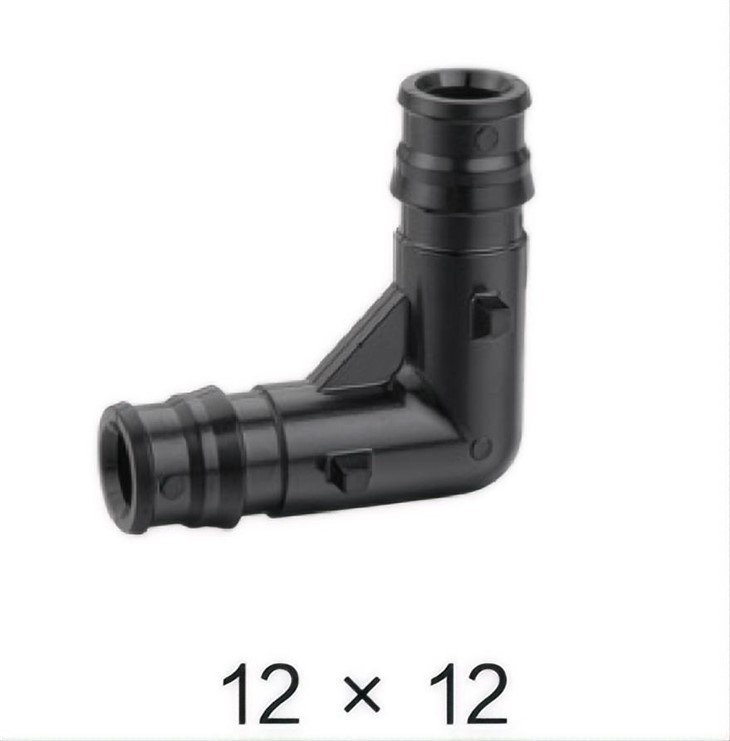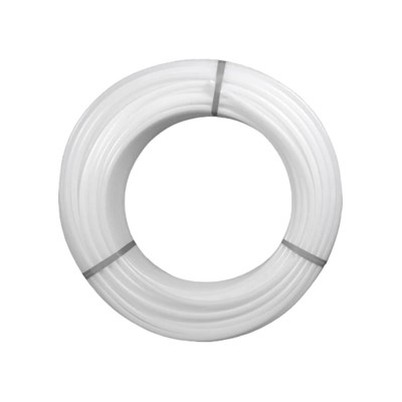Is water pex pipe resistant to freezing?
Leave a message
As a supplier of water PEX pipes, one question I often get asked is whether these pipes are resistant to freezing. This is a crucial concern, especially in regions where cold weather is common. In this blog post, I'll delve into the science behind PEX pipes' performance in freezing conditions, compare them with other types of pipes, and provide practical advice for using them in cold climates.
Understanding PEX Pipes
PEX, or cross-linked polyethylene, is a type of plastic pipe that has gained popularity in the plumbing industry due to its flexibility, durability, and ease of installation. It's commonly used for both hot and cold water distribution, as well as in PEX Pipe for Floor Heating systems.
The cross-linking process gives PEX pipes their unique properties. It creates a three-dimensional molecular structure that enhances the pipe's strength, chemical resistance, and temperature tolerance. Unlike traditional pipes, PEX pipes can expand and contract without breaking, which is a significant advantage in freezing conditions.
How Freezing Affects Pipes
When water freezes, it expands by about 9%. This expansion creates a tremendous amount of pressure inside the pipes. If the pipes can't handle this pressure, they may crack or burst, leading to costly water damage.
Traditional metal pipes, such as copper and steel, are rigid and have limited flexibility. When the water inside them freezes, the pressure can cause the pipes to rupture. PVC pipes, on the other hand, are more brittle and can shatter when exposed to extreme cold.
PEX Pipes and Freezing Resistance
PEX pipes have several characteristics that make them more resistant to freezing than other types of pipes:
- Flexibility: PEX pipes can expand and contract without breaking. When the water inside them freezes and expands, the pipes can stretch to accommodate the increased volume. This reduces the risk of cracking or bursting.
- Elasticity: PEX pipes have excellent elasticity, which means they can return to their original shape after the water thaws. This property helps prevent permanent damage to the pipes.
- Low Thermal Conductivity: PEX pipes have a low thermal conductivity, which means they don't transfer heat as quickly as metal pipes. This helps keep the water inside the pipes from freezing as rapidly.
However, it's important to note that while PEX pipes are more resistant to freezing than other types of pipes, they are not completely immune to freezing. If the temperature drops low enough and the water inside the pipes freezes for an extended period, the pipes may still be damaged.
Factors Affecting PEX Pipes' Freezing Resistance
Several factors can affect the freezing resistance of PEX pipes:
- Temperature and Duration: The lower the temperature and the longer the water is frozen, the greater the risk of damage to the pipes. In extremely cold conditions, even PEX pipes may be at risk of freezing and bursting.
- Pipe Size and Thickness: Thicker and larger-diameter PEX pipes are generally more resistant to freezing than thinner and smaller-diameter pipes. This is because they have more material to withstand the pressure of the expanding ice.
- Insulation: Proper insulation can significantly improve the freezing resistance of PEX pipes. Insulating the pipes helps keep the water inside them from freezing by reducing heat loss.
Preventive Measures for Freezing PEX Pipes
To minimize the risk of freezing and damage to PEX pipes, it's important to take the following preventive measures:
- Insulate Pipes: Insulate all exposed PEX pipes, especially those in unheated areas such as attics, basements, and crawl spaces. Use insulation materials specifically designed for plumbing pipes, such as foam pipe insulation or fiberglass insulation.
- Keep the Heat On: Maintain a consistent temperature in your home, even when you're away. Set your thermostat to a temperature above freezing to prevent the water inside the pipes from freezing.
- Drain Pipes: If you're going to be away from your home for an extended period during cold weather, drain the water from your PEX pipes to prevent freezing. Turn off the main water supply and open all the faucets to let the water drain out.
- Use Heat Tape: In areas where the pipes are particularly vulnerable to freezing, you can use heat tape to keep the pipes warm. Heat tape is an electrical heating element that can be wrapped around the pipes to prevent the water inside them from freezing.
Comparing PEX Pipes with Other Pipe Materials
When it comes to freezing resistance, PEX pipes have several advantages over other types of pipes:
- Copper Pipes: Copper pipes are more rigid than PEX pipes and are more likely to crack or burst when the water inside them freezes. They also have a higher thermal conductivity, which means they transfer heat more quickly and are more prone to freezing.
- PVC Pipes: PVC pipes are brittle and can shatter when exposed to extreme cold. They are not recommended for use in freezing conditions.
- CPVC Pipes: CPVC pipes are more flexible than PVC pipes but are still less resistant to freezing than PEX pipes. They may crack or burst if the water inside them freezes for an extended period.
Case Studies and Real-World Examples
There have been numerous case studies and real-world examples that demonstrate the freezing resistance of PEX pipes. In one study, PEX pipes were exposed to freezing temperatures for several days. After the water thawed, the pipes showed no signs of damage or leakage.


In another example, a homeowner in a cold climate installed PEX pipes in their new home. During a severe winter storm, the temperature dropped to well below freezing for several days. Despite the extreme cold, the PEX pipes remained intact and continued to function normally.
Conclusion
In conclusion, water PEX pipes are more resistant to freezing than other types of pipes due to their flexibility, elasticity, and low thermal conductivity. However, they are not completely immune to freezing, and it's important to take preventive measures to minimize the risk of damage.
If you're considering using PEX pipes in your plumbing system, especially in a cold climate, I highly recommend them. They offer excellent performance, durability, and freezing resistance. And if you need any PEX pipes or related products, such as PPSU Tee or Ppsu Elbow 90°, feel free to contact me for more information and to discuss your specific needs. I'm here to help you make the right choice for your plumbing project.
References
- "PEX Pipe: A Comprehensive Guide." PlumbingSupply.com.
- "Freezing Resistance of PEX Pipes." Journal of Plumbing Engineering.
- "Case Studies on PEX Pipes in Cold Climates." National Association of Home Builders.




